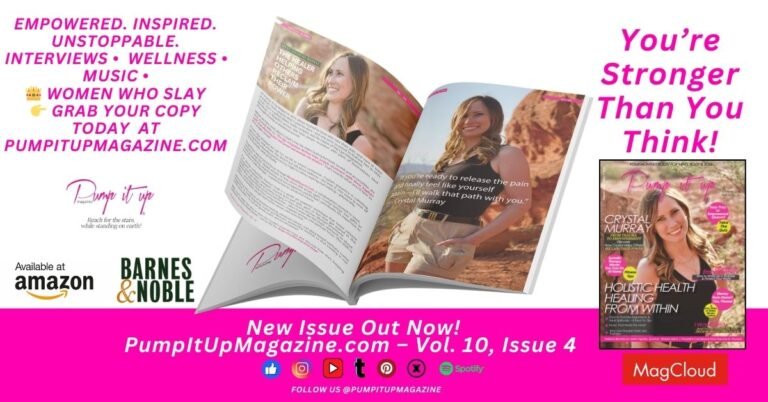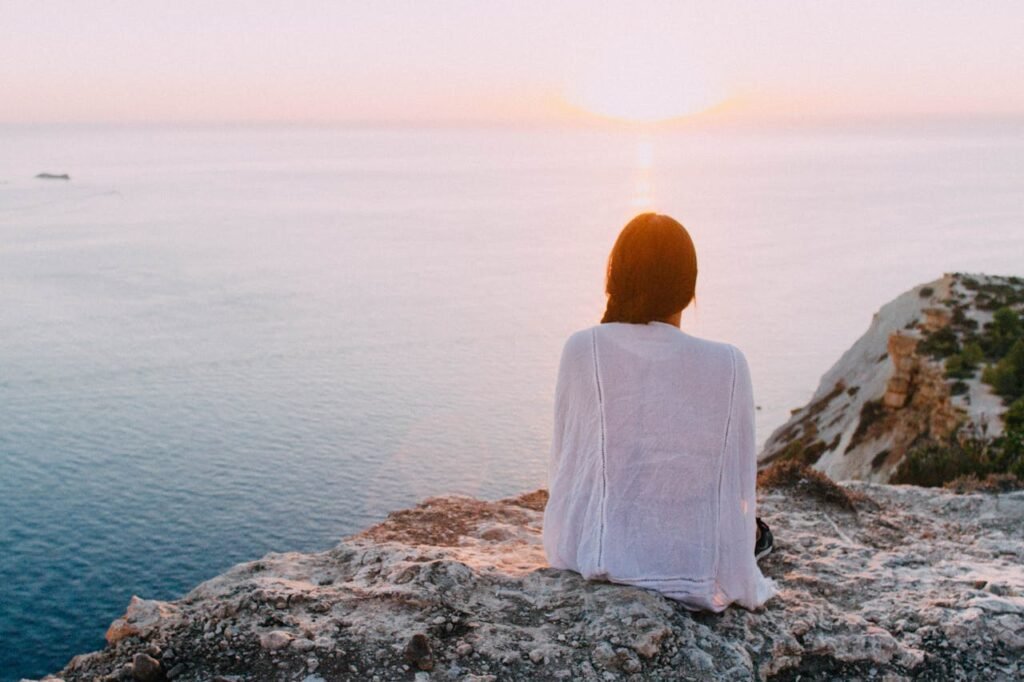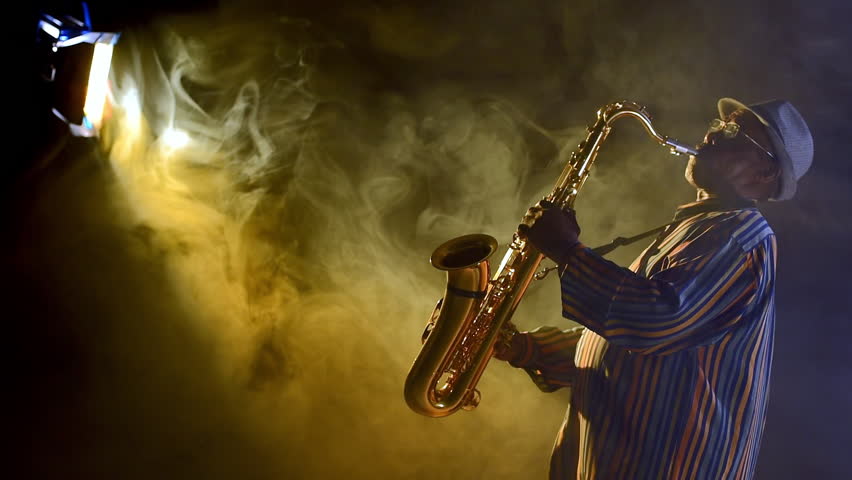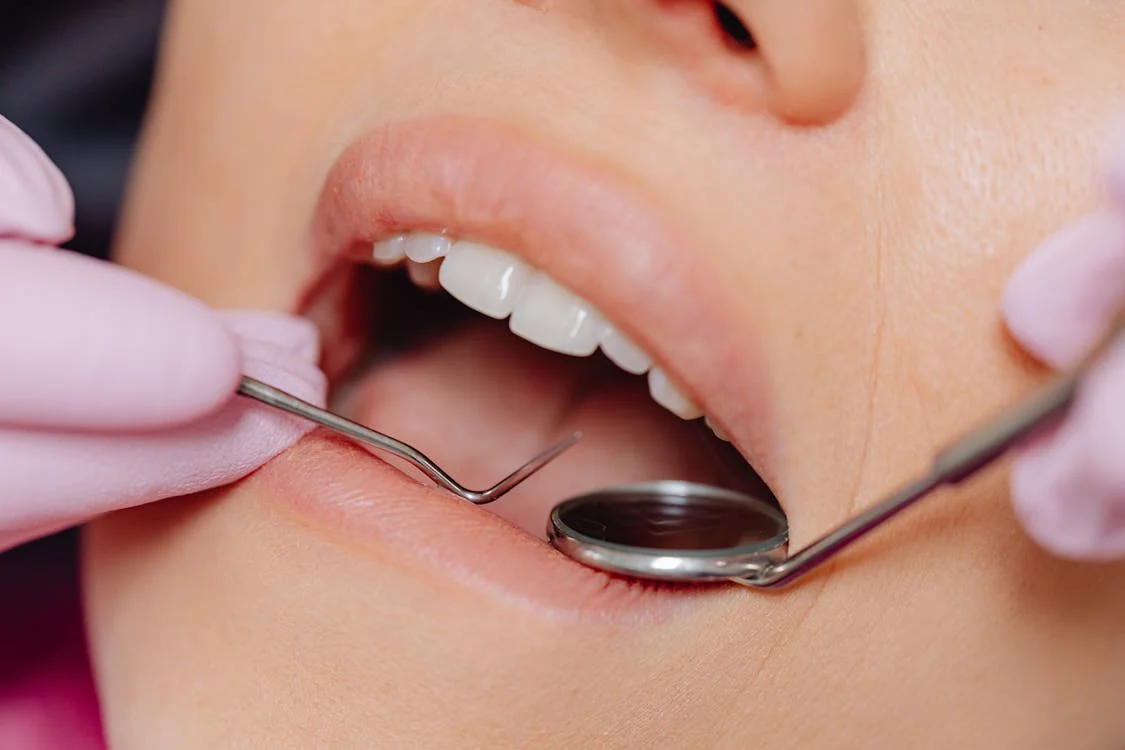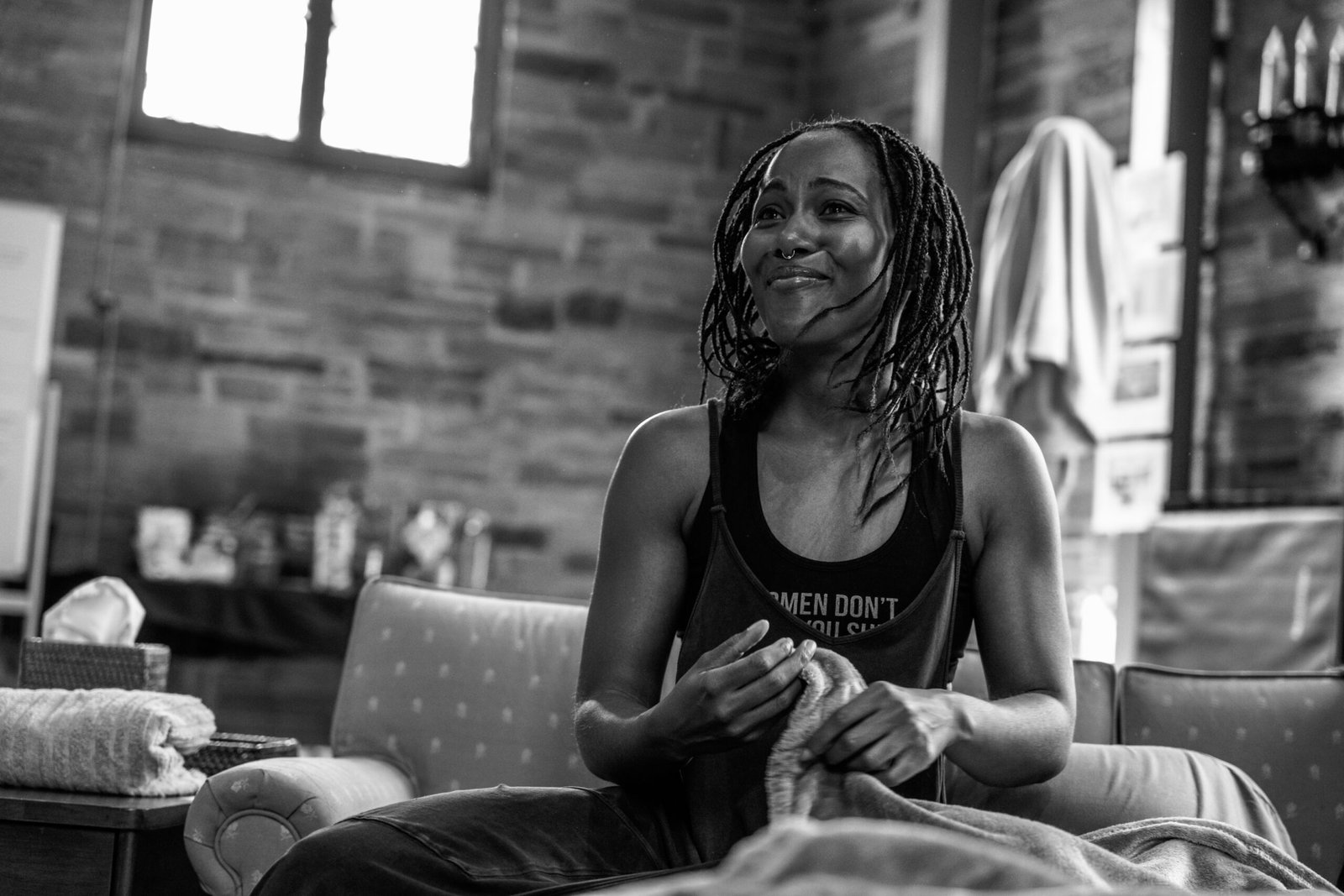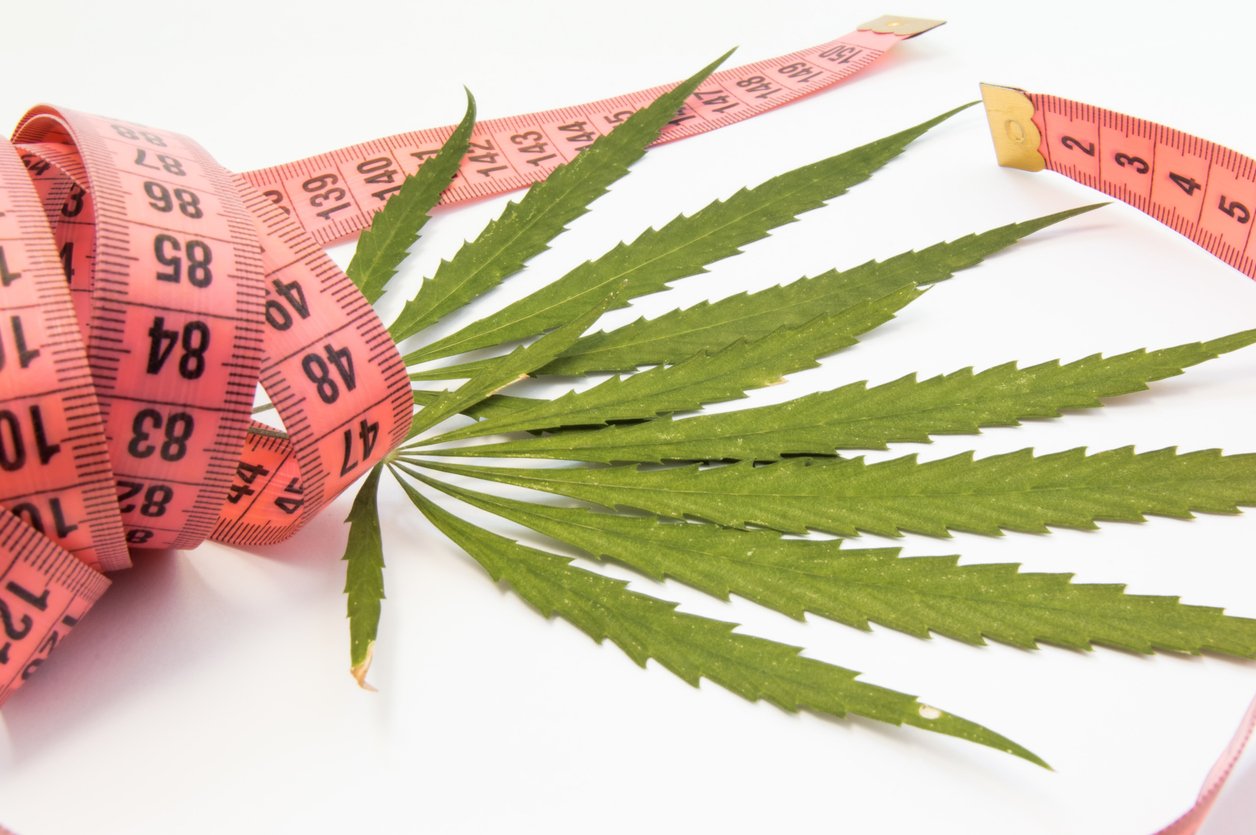Life can leave marks you don’t always see. For many women across Los Angeles and the rest of Southern California, trauma doesn’t just fade away—it lingers. Some days it shows up in panic attacks at the grocery store. Other days, it’s the urge to stay in bed and shut out the world. But even when the weight of PTSD feels heavy, women here are starting to find something real: peace. It doesn’t happen overnight, but it’s happening. In big cities and small beach towns, women are getting support, connecting with others, and slowly learning how to live again.
Table of Contents
Why So Many Women Are Hurting Right Now
It’s not just one type of trauma that leads to PTSD. For some, it’s from childhood. For others, it comes from relationships that turned toxic or violent. Some survived accidents. Some came home from serving in the military. And some just carried too much for too long without help. No matter the cause, PTSD has a way of making life feel like it’s always on edge.
In Southern California, with all its sunshine and traffic and noise, it can feel even louder inside your head. You might walk down the Venice boardwalk or sit in a Santa Monica café and feel like everyone else is just fine—but inside, you’re stuck. Triggers are everywhere. It could be a loud sound, a smell, or a certain street. Emotional trauma can dig in deep, and it doesn’t care what zip code you live in. That’s why support, especially close to home, matters so much.
Finding the Right Kind of Help in LA
Not every therapist understands trauma. Not every program fits every woman. That’s why finding care in LA that speaks to your life and your story can make all the difference. In some neighborhoods, like Echo Park or Silver Lake, you’ll find group sessions in casual spaces that feel more like a gathering of friends than a formal support group. In West LA, there are centers that offer sliding-scale therapy so you don’t have to worry about high costs just to talk to someone who gets it.
The key is connection. When you feel like someone sees you—not just your pain but the full picture of who you are—it gets easier to talk about the things you’ve locked away. Therapists trained in PTSD know how to help you slowly peel back the fear without forcing anything. Some offer walk-and-talk sessions outside. Others bring in mindfulness or grounding techniques that feel practical, not cheesy. You get to choose what feels right for your healing.
Why Community Makes a Big Difference
You don’t have to do this alone. That sounds simple, but when you’ve been through something traumatic, the idea of trusting people again can feel impossible. Still, women across LA are starting to build something honest and real together. In places like Highland Park and Long Beach, meetups are popping up for women healing from trauma. Some groups are quiet and meditative. Others involve movement, like yoga or hiking.
Just being in a room—or even on a Zoom call—with people who understand what it’s like to jump at loud noises or avoid certain conversations can take the edge off. You don’t have to explain every detail. You don’t have to relive it every time. Sometimes it’s enough just to be there, breathing the same air as someone who’s also working their way through the dark.
When You’re Ready for a Real Step Forward
If you’ve tried therapy before and it didn’t help, or you felt like no one really understood what PTSD is like, you’re not alone. Many women feel that way. But not all care is the same—and the right environment really does matter. Whether you’re exploring something quiet and grounded in the natural beauty of the coast or looking for something deeper and more personalized, there are options.
A Newport Beach mental health center, one in LA or Santa Monica, may offer something different. These places often combine peaceful settings with real clinical care. You might be surrounded by ocean views or soft breezes while doing the hard work of recovery, and something about that setting helps people open up. It’s not just about beauty—it’s about being somewhere that feels safe. These centers usually bring in trauma specialists who know how to move at your pace, not theirs. They create plans that actually fit your life. The best ones don’t treat you like a patient. They treat you like a whole person with stories, strength, and hope.
Letting Yourself Feel Hope Again
Healing doesn’t mean forgetting what happened. It means learning how to live with what happened without it controlling every part of your day. In Southern California, where life can be fast and shiny and loud, finding peace sometimes means slowing way down and giving yourself permission to feel.
You might start with morning walks along the beach or quiet nights with a journal. Maybe it’s reconnecting with your faith, your culture, or your body. Maybe it’s calling someone and saying, “I need help,” and letting that be enough for now. You don’t have to “fix” yourself. You’re not broken. PTSD is not who you are—it’s something that happened to you. And there is real strength in deciding that it doesn’t get to run the show anymore.
Life Can Be Soft Again
You deserve a life that feels calm and kind. You deserve mornings where your chest isn’t tight and nights where your mind lets you rest. That kind of life isn’t just a dream—it’s something women in LA are building every day, even after deep pain. You might not be there yet, but every time you reach out, every time you take a step toward healing, you’re getting closer. There are people here who see you, who believe you, and who want to help. And that’s the start of something good.
Photo by Riccardo:
